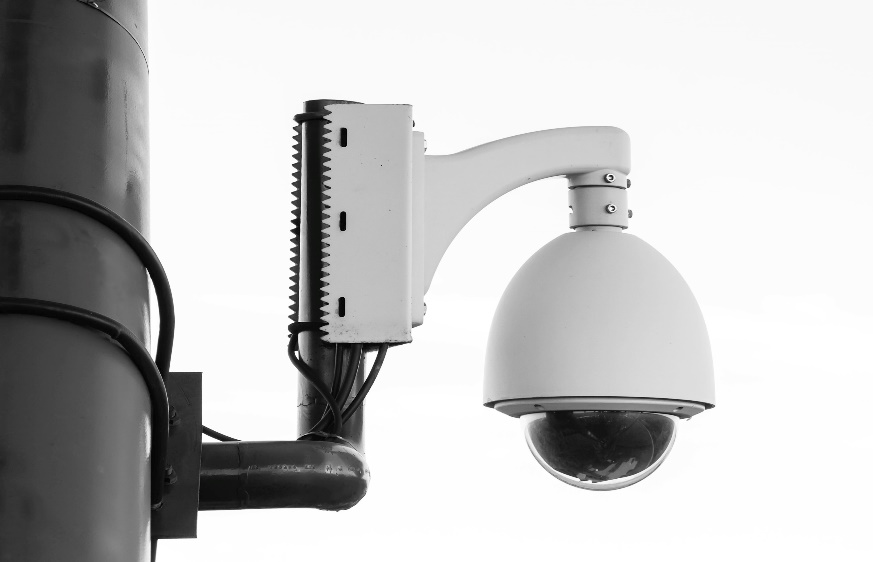Automatic facial recognition would fundamentally change society but there is currently no Big Brother society. This states Sander Flight, consultant in the field of camera surveillance and privacy. Many plans and pilot projects have failed or, due to legislation and social pressure, have been implemented in slimmed-down form at best.

"All things considered, you can say that civil society organizations, police, judges, scientists and parliamentarians have ensured that a surveillance society as predicted in 2014 has not come about," Flight said. He does believe, however, that people should remain vigilant. "The belief in technology as a solution to complex social issues is still strong." About automatic facial recognition, however, Flight is concerned. "With that, everyone would be able to see where everyone has been. That would fundamentally change our society. Fortunately, exactly this form of facial recognition has just been banned by the EU."
That prohibition in the European AI Act is not absolute: there are all kinds of exceptions for investigative agencies. Real-time facial recognition may be used to search for missing people or persons who are victims of human trafficking or sexual abuse. The same goes for preventing a specific and current terrorist threat, finding a criminal location or identifying individuals suspected of crimes. Civil rights movements are reluctant to use live facial recognition in public places.

